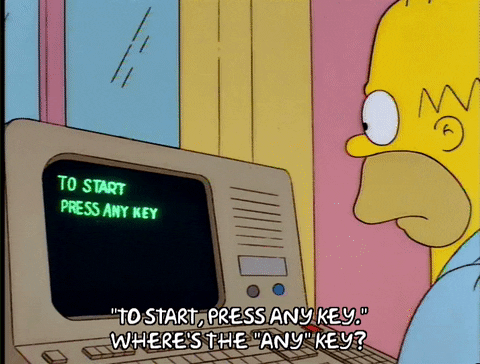Workshop overview#
As mentioned on the Welcome page, this workshop will be focused on how to utilize python to conduct neuroimaging analyses. In general, the idea is to do a split between first, basics in data handling via nibabel & nilearn, as well as analyses workflows via nipype and second, more advanced and specialized analyses (e.g. functional connectivity & statistical analyses via nilearn). Regarding the first, we will try to provide folks with a brief overview of central aspects and important issues and concerning the second, evaluate a versatile set of analysis approaches. We will further explain both aspects, as well as the setup, etc. below. For a precise outline of this workshop, please consult the respective page.
The framework and setup#
The entire workshop will be conducted via the Jupyter ecosystem, utilizing the python programming language for all examples in both sessions. All materials will be provided within the Jupyter Book format you’re currently look, free for everyone to check and try out, as well as utilize further. To help folks that don’t have any experience with these resources, we compiled a set of tutorials that participants can go through within the prerequisite section. While this won’t be enough to go past basic skills, we still hope it will be useful to familiarize yourself with core aspects that will help during the workshop. Each of these tutorials, as well as “main” materials will be in jupyter notebooks and contain a mixture of explanations and code and presented as a “slide show” during the workshop. They can be just viewed, or either run interactively via cloud instances (via mybinder) or locally. Depending on a given participant’s computational resources and infrastructure, we provide multiple ways to participate in the workshop as outlined in the Setup for the workshop section.
Software containers - Basics#
Within the first half of the workshop we will focus on the basics concerning working with software containers. In more detail, we will talk about what software containers are and have a look at how they work, assessed and management.
Software containers - Advanced aspects#
The second session will build upon the things learned during the first and will introduce the workshop participants to the larger software container ecosystem and more advanced aspects. Specifically, we will explore how software containers can be created and automated.

